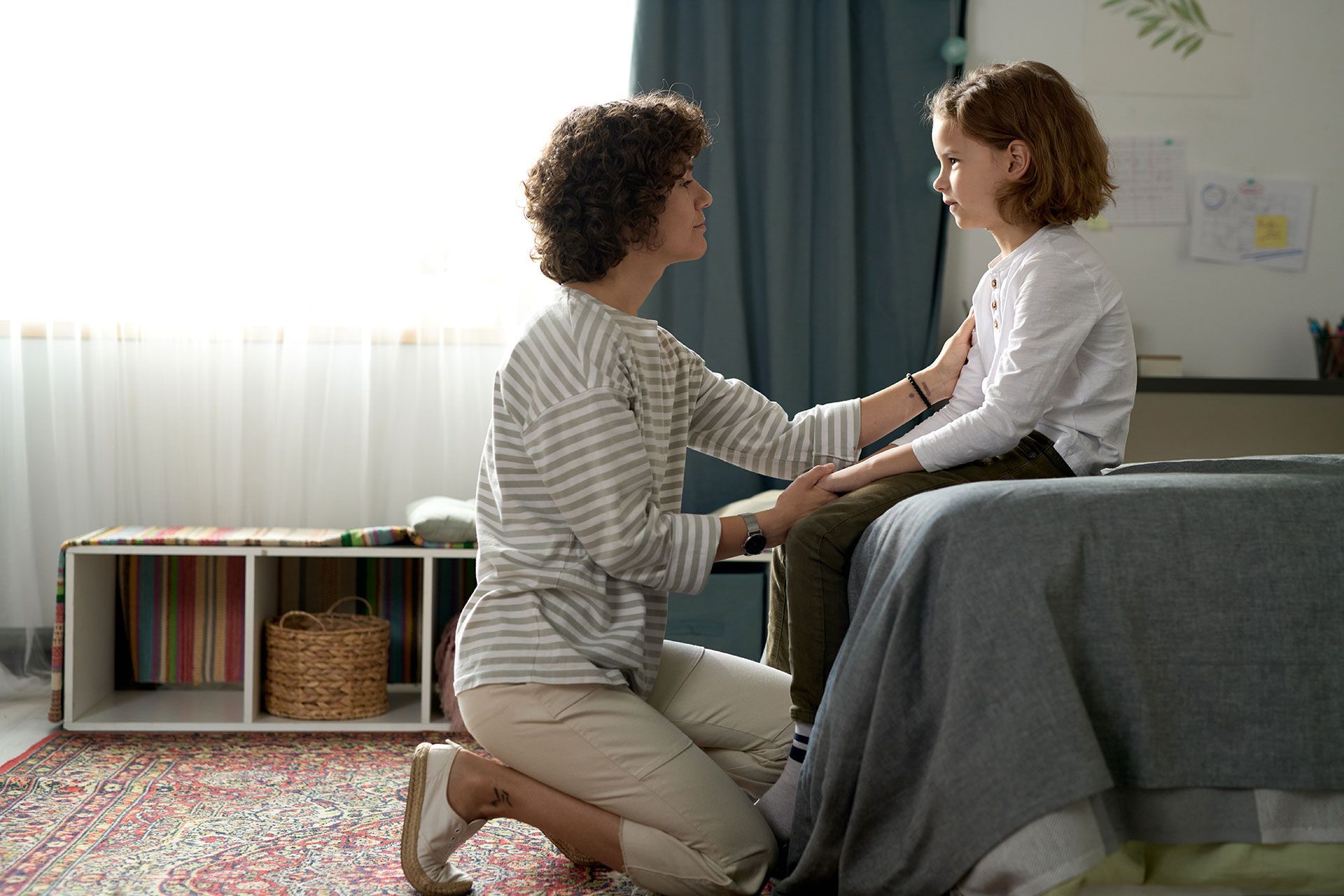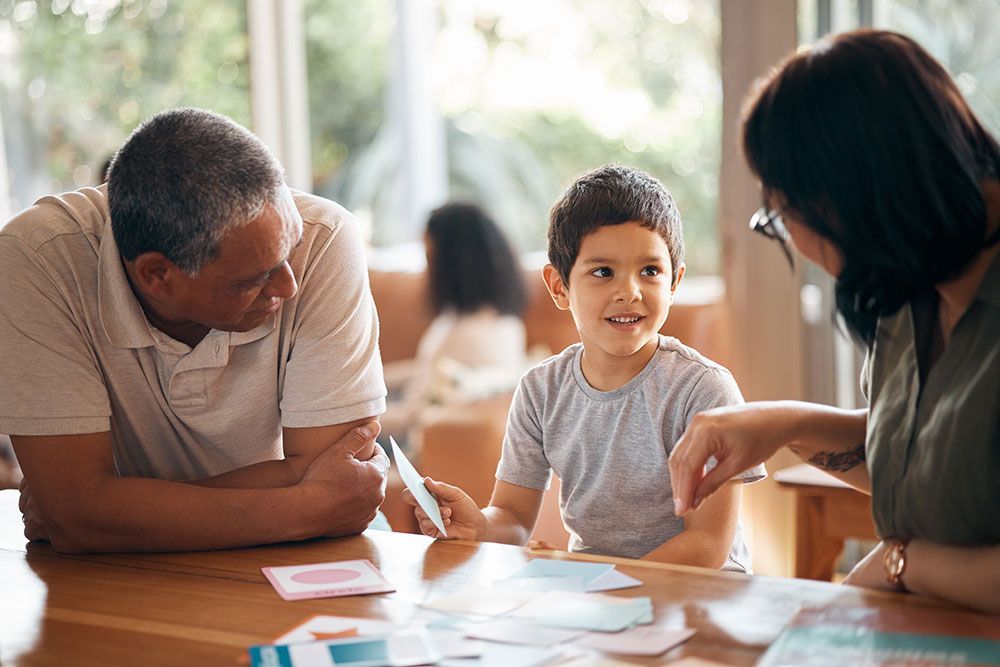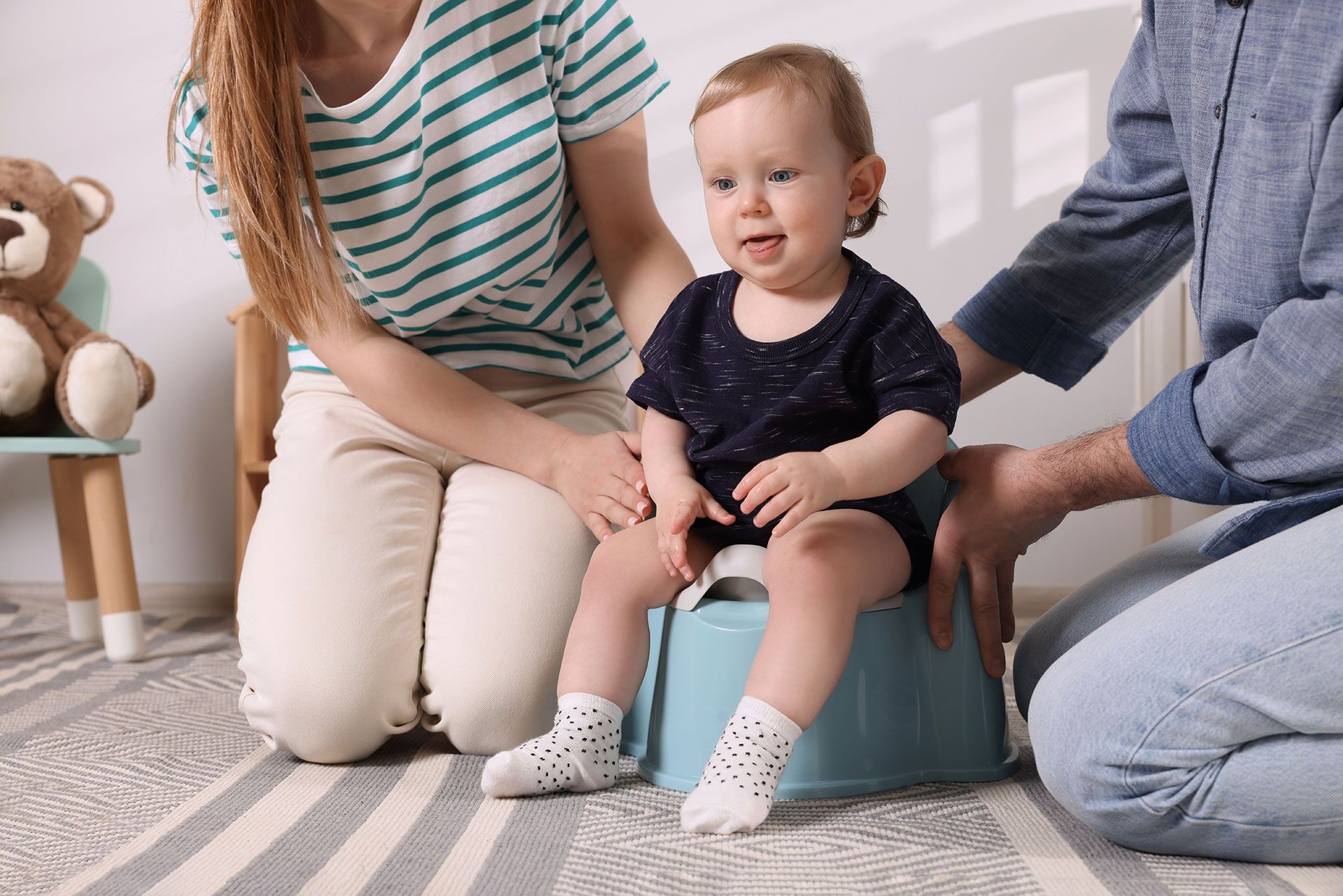Bored.
“Come home when the streetlights come on.” Wasn’t that all our cue for the end of our summer day? I remember summers of sleeping in, eating cinnamon rolls for breakfast and then my mom shoving me out the door. We ran the neighborhood, going in and out of friends’ backyards, the thrill of hearing the chimes of the ice cream truck rounding the corner of your street and running inside for loose change before you miss him so you can get a sweet treat, seeing how many mud pies we could make or whose mom could stand us the longest running wild in their pool. We hear of the “good old days” when times were simpler, and less ridden with social media hashtags and retweets of #planningtheperfectvacay, #busymomlife, #thisisourcrazylife, #todolists, but I’m not talking about Back to the Future here, I’m talking as recently as the 1990s. It just seemed that summers were slower and more often filled with……well, nothing. (Of course, that was the 90’s when “the show about nothing” was at its heyday so maybe I’m seeing a pattern here). I can’t remember a single friend of mine growing up who had more than maybe 1 week of vacation and 1 week of camp on their summer “to do list.” Today’s kids seem like every waking second is filled with camp, basketball, playdates, reading lessons, music lessons, daily swimming practices, meets, or a baseball game. I wish I could tell you I wasn’t one of “those” parents, but sadly, I am. I am guilty of trying to cram every second of summer with one activity after the other. I even come up with themed activities and always over-plan and by the end of the day I discover I’ve had no fun at all with my kids because I was rushing us to the next “fun” activity.
“You will have fun, or I’ll make you have fun” …am I right? *sigh*. It’s like a summer treadmill that I’ve created for myself and I can’t get off. But there is much to be said for us all taking a breath and letting our kids be “bored.”. Child psychologist and mother of two, Dr. Vanessa Lapointe published an article on huffpost.com that was really freeing to me. She discussed that she actually loved hearing her children say they were bored, that she told them, “Good! Go be bored for a while.” This “bored” time allowed her children to listen to their own thoughts, use their imagination and daydream and to simply just breathe. Can you imagine the freedom if you just gave yourself permission to do NOTHING for just 15 minutes a day?! I mean NOTHING…no thoughts of laundry or “to-dos” or grocery lists, just sitting with yourself. Just imagine that for a minute; its freeing isn’t it? Could it be that we are robbing our kids of that? Could it be that by creating schedules where every waking second is accounted for, that we are teaching them that it’s not ok to just be free for a few minutes? I know I sure miss those simple days of looking for the streetlights to come on and going to sleep that night with only one thing on my to do list the next day: play until the streetlights come on once again. I know we all live busy lives; hey, I’m there with you and if you’re anything like me, you love a good to do list. Very few things I find as satisfying as marking off something from my to do list. For my little guys, though, perhaps I can teach them a better balance. Perhaps I can let them choose 2 things to be involved with this summer, not 12. I think it would be freeing for them and for me. Perhaps it’s something we all should try, summer’s not over yet, you know.
Written by Kayce Clark









